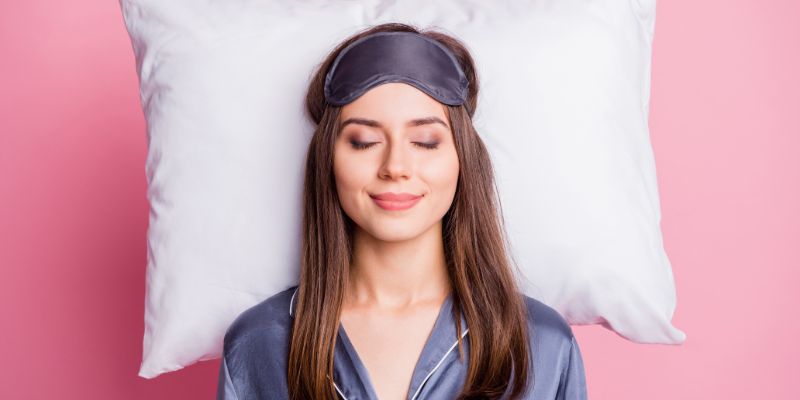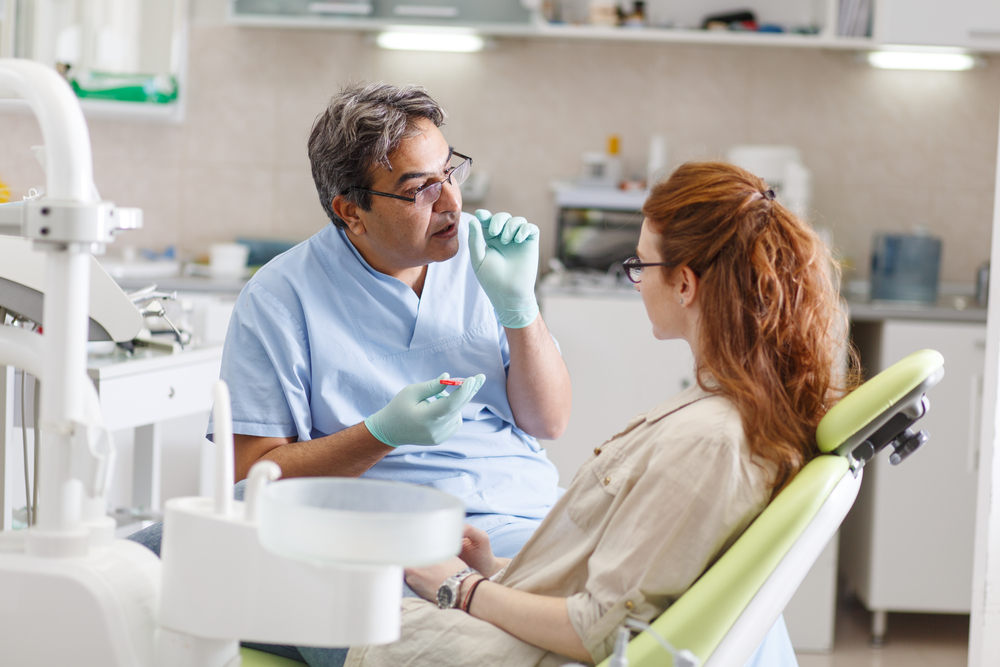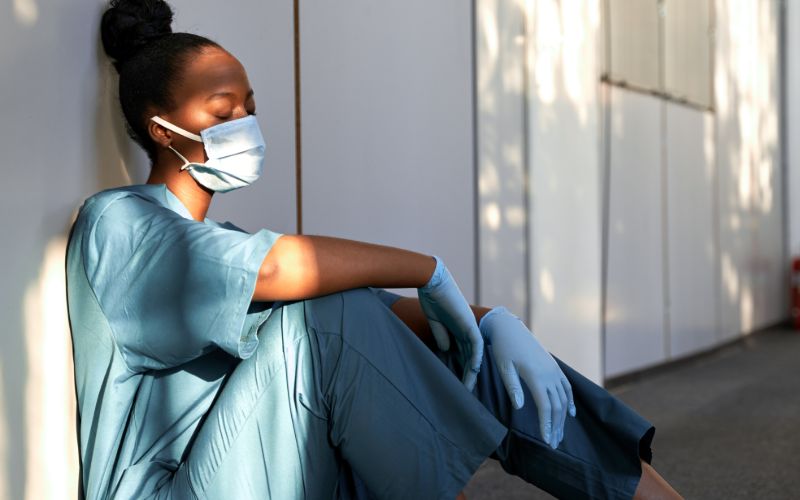Protect Your Sleep With Treatment
According to the National Sleep Foundation, an estimated 18 million Americans suffer from sleep apnea. This is a serious medical condition where your airway is blocked resulting in your body stopping and restarts breathing during sleep. This can be extremely detrimental to your health.
The most common form of sleep apnea results from an obstructive airway which means dentists can play an integral role in effective sleep apnea treatments due to their knowledge of the airway, head, and neck. If left untreated, sleep apnea can result in strokes, heart attacks, mood disorders, and more which is why our Windsor, CT dentist, Dr. Garceau highly recommends seeking treatment.


Treatment Starts at Your Dentist’s Office
People don’t typically think of their dentist as the person to see about sleep apnea. But dentists are often the first practitioners to discover sleep apnea, and they’re uniquely qualified to help patients get the proper diagnosis and the appropriate treatment for their sleep apnea.
According to David Cunningham, physician, and director of the Melbourne Sleep Disorders Centre, dentists play “a significant role in the treatment of snoring and obstructive sleep apnea in adults.” Dr. Cunningham notes that “your mouth, neck, and jaw can display telltale signs that point to the quality of sleep you are getting,” and dentists have specific training that relates to these regions of the body.
Dentists have a unique perspective on sleep apnea because they have a detailed understanding of the dental region, where sleep apnea occurs. Dr. Cunningham explains how dentists are experts at assessing “the shape of the jaws and arrangement of teeth, which are often reasons to seek dental or orthodontic treatment” This is why dentists can “predict the risk of sleep apnea and snoring.”
The Treatment Process
But dentists aren’t just helpful in noticing symptoms of sleep apnea. They also play an important role in the treatment process. The first thing your dentist will do is perform a full oral examination to help determine if your sleep issues are related to snoring or sleep apnea. Your dentist will also ask some routine questions to determine the quality of the sleep that you’ve been getting.
The second step in getting treatment for your sleep apnea is receiving a professional diagnosis. This will probably include both a physical examination and a polysomnography test, which is commonly referred to as a sleep study. Dr. Garceau will refer you to the appropriate doctor if she discovers evidence of sleep apnea.
Once you’ve received your diagnosis, your dentist can help you determine the course of treatment that works best for you. For example, although effective, many patients find CPAP machines to be bulky and inconvenient. Fortunately, “dentists are pros on helping you with alternative treatment options to continuous positive airway pressure (CPAP).”

Frequently Asked Questions
When should I see a dentist for sleep apnea?
Sleep apnea is a medical disorder that can lead to severe health consequences without treatment. The longer you wait before seeking treatment, the more likely you are to suffer a heart attack, stroke, and other serious episodes. While dentists aren’t the only professionals who can treat sleep apnea, they offer customized oral appliances as a more comfortable and convenient alternative to CPAP or surgery. Many patients prefer oral appliance therapy as a result of the many unique benefits these devices offer.
If you or your partner discover that you’re snoring frequently, or if you often feel fatigued during the day for no apparent reason, it’s a good idea to get a sleep test. This is the only way to know for sure if you suffer from sleep apnea. If your test indicates that you have the disorder, your dentist can provide a customized oral appliance just for you.
How can a dentist treat sleep apnea?
If you need to get treatment for a sleep disorder, your dentist probably isn’t the first person who comes to mind. However, dentists have an intimate knowledge of the tissues in your mouth and throat that can result in airway obstruction and cause snoring. This allows them to provide treatment for snoring and sleep apnea through the use of personalized oral appliances.Unlike CPAP and other treatment options, oral appliances are comfortable, silent, and easily portable. They also allow you to sleep in any position you like for maximum comfort.
How much does sleep apnea treatment from a dentist typically cost?
The cost of sleep apnea treatment from a dentist varies depending on the type of treatment you receive, your insurance coverage, and other factors. Oral appliance therapy typically costs several thousand dollars, but many insurance plans cover all or part of the cost. It’s important to discuss the cost of treatment with your dentist and insurance provider before proceeding.
How do I find a dentist who specializes in sleep apnea treatment?
You can start by asking your regular dentist if they offer sleep apnea treatment or can refer you to a specialist. You can also search for dentists who specialize in sleep medicine or sleep apnea treatment in your area.
Sleep Apnea Solutions in Windsor and Hartford County
Sleep apnea is a serious sleep disorder that can have detrimental effects on your mind, body, and interpersonal relationships. Dr. Garceau is well qualified to not only recognize the early signs of sleep apnea but also provide high-quality treatments to address it. If you want to learn more about how dentistry can be used to fight sleep apnea, or you’re ready to arrange your consultation, call our Windsor office today at (860) 254-6189. It’s time to do something about your sleep apnea and get your sleep schedule back on track.
